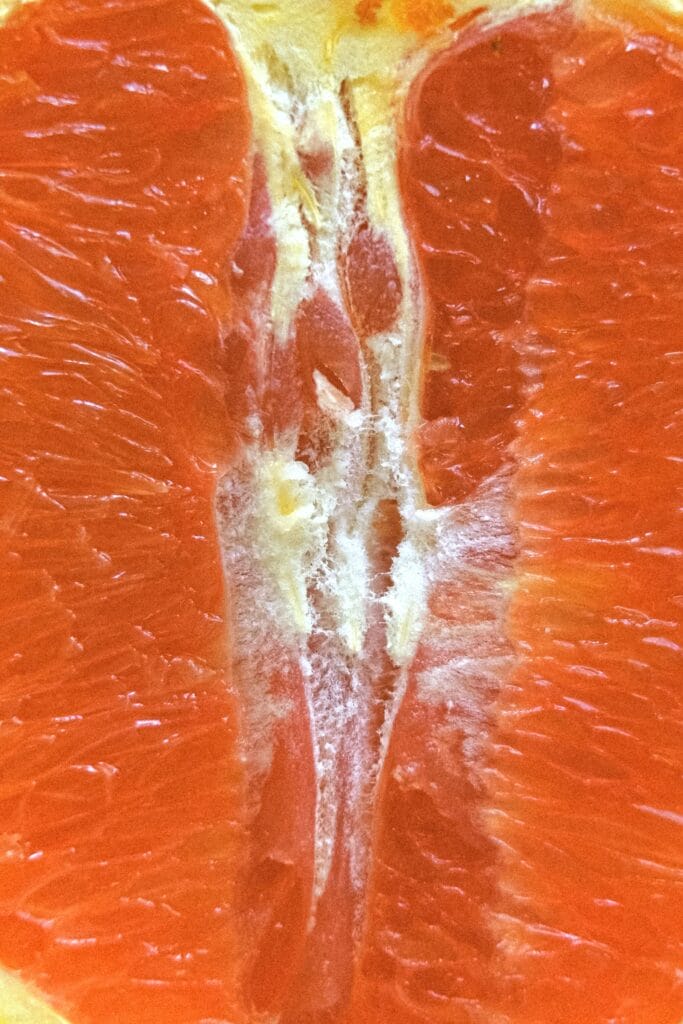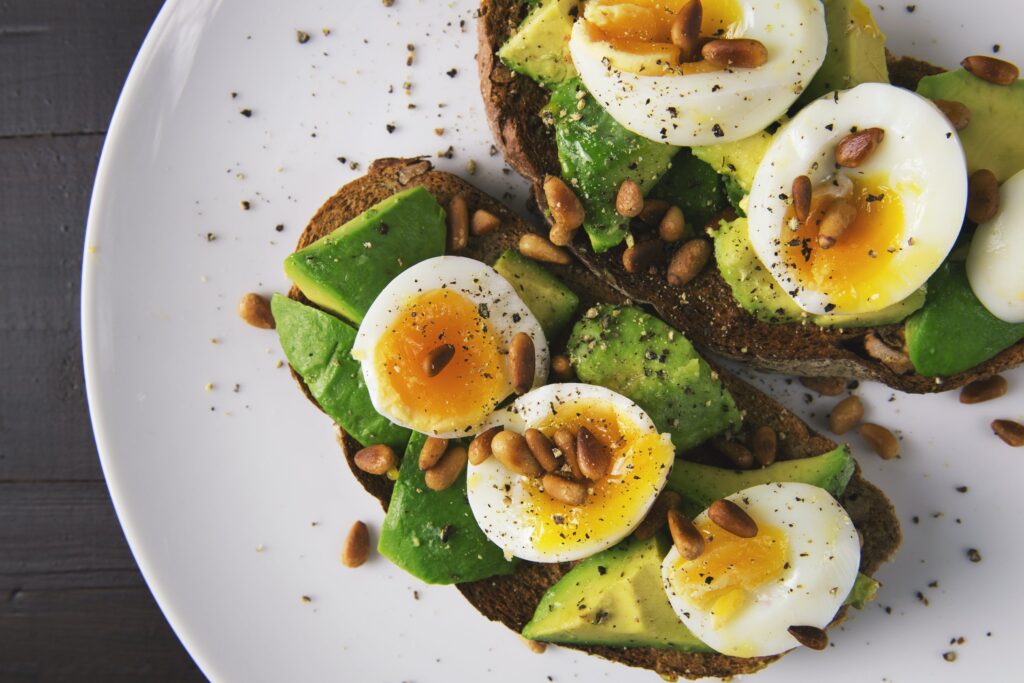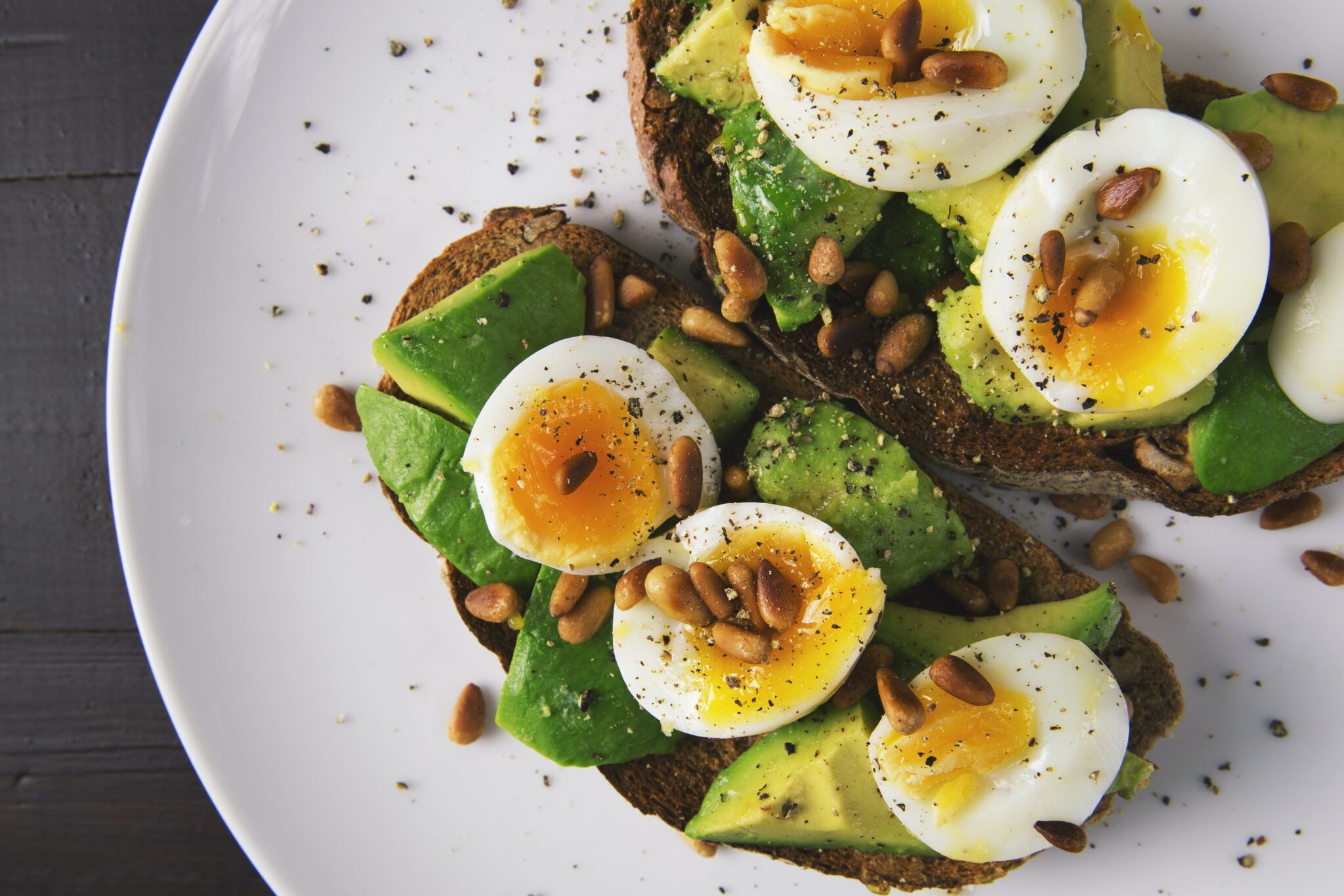Venturing into the world of low-carb eating, especially with the keto diet at the helm, calls for a nuanced understanding of all the components that factor into its success, including the often-overlooked role of probiotics. In “Keto Explorations: The Role of Probiotics in a Low-Carb Diet,” you’ll discover how integrating these beneficial bacteria into your keto journey can not only enhance your gut health but also significantly bolster your efforts in maintaining this lifestyle shift. Armed with clear explanations, practical meal planning tips, and evidence-based insights into the symbiotic relationship between probiotics and ketosis, this article empowers you to navigate your keto diet with confidence, ensuring your nutritional choices are as informed as they are healthful.

Unlock Delicious Keto Meals with Our eBook!
Keto Diet Basics
Embarking on a ketogenic lifestyle can seem overwhelming at first, but once you grasp the basics, it becomes a seamless part of your daily routine. Understanding the foundation of the keto diet is your first step.
Definition and purpose of a keto diet
The keto diet is a high-fat, moderate-protein, low-carbohydrate diet that aims to shift your body’s primary energy source from glucose (sugar) to ketones, which are compounds your body produces from fats. The purpose? To induce a metabolic state known as ketosis, where fat burning ramps up, potentially leading to weight loss, improved energy levels, and other health benefits.
Understanding macronutrient ratios
In a keto diet, your macronutrient ratios are crucial. Typically, about 70-80% of your daily calories will come from fats, 15-20% from proteins, and only 5-10% from carbohydrates. These percentages ensure that your body stays in ketosis, efficiently burning fat for energy.
The science of ketosis
Ketosis occurs when your body doesn’t have enough carbohydrates to burn for energy and starts burning fat instead, producing ketones. It’s a natural metabolic state that not only aids in weight loss but also provides constant energy, reducing the peaks and troughs associated with a high-carb diet.
Benefits of embarking on a ketogenic lifestyle
Adopting a keto lifestyle can lead to significant health benefits, including weight loss, reduced blood sugar levels, and improved heart health. Many people also report enhanced mental clarity and sustained energy levels, making it a lifestyle worth considering for long-term health and well-being.
Introduction to Probiotics
The health of your gut is pivotal to your overall well-being, and probiotics play a crucial role in maintaining this health.
Defining probiotics and their sources
Probiotics are live bacteria and yeasts that are good for your digestive system. They’re often referred to as “good” or “helpful” bacteria because they help keep your gut healthy. Probiotics are found in supplements and fermented foods like yogurt, kefir, sauerkraut, and kimchi.
Benefits of probiotics for general health
Probiotics can help balance the friendly bacteria in your digestive system, prevent and treat diarrhea, and may improve mental health conditions. They’re also known for boosting the immune system and reducing the severity of certain allergies and eczema.
How probiotics work in the gut
These beneficial bacteria work by restoring the natural balance of the gut flora. An imbalance means there are too many bad bacteria and not enough good bacteria, which can happen due to illness, medication, poor diet, and more. Probiotics can help to shift this balance back to a healthy state.
Unlock Delicious Keto Meals with Our eBook!
The Connection Between Keto Diet and Gut Health
Your gut health is pivotal, especially when adapting to a lifestyle like keto.
Importance of gut health in a low-carb lifestyle
Gut health is crucial in a low-carb lifestyle because the gut microbiome interacts with your diet and can impact the efficacy of the diet, your general health, and how you feel. A healthy gut contributes to a strong immune system, heart health, brain health, improved mood, healthy sleep, and effective digestion.
Potential effects of ketosis on the gut microbiome
Ketosis may alter your gut microbiome due to the change in diet composition, reducing the diversity of gut bacteria. Some research suggests this isn’t necessarily negative, but it underlines the importance of monitoring and supporting gut health through diet, including probiotics.
Probiotics’ Role in a Keto Diet
Integrating probiotics into a keto diet can offer several digestive and health benefits.
Supporting digestive health during ketosis
Probiotics can help manage and prevent gastrointestinal discomfort, a common issue when transitioning to a keto diet. They support healthy digestion and can alleviate symptoms like bloating and constipation.
Enhancement of nutrient absorption
A healthy gut flora improved by probiotics can enhance your body’s ability to absorb nutrients from your food, ensuring you get the maximum benefit from the nutrient-dense, high-fat foods typical of a keto diet.
Alleviating common keto-related digestive issues
The transition to a keto diet can sometimes lead to digestive issues like the keto flu, constipation, or diarrhea. Probiotics can play a vital role in alleviating these symptoms, helping your body to adjust more smoothly to the dietary changes.

Choosing the Right Probiotics for a Keto Diet
Not all probiotics are created equal, especially for someone on a ketogenic diet.
Criteria for keto-friendly probiotics
When choosing probiotics for a keto diet, look for strains that can thrive without sugar, which fuels many other bacterial strains. Lower carb and sugar content is key in supplements and probiotic-rich foods.
Recommended strains of probiotics for ketogenic dieters
Specific strains like Lactobacillus and Bifidobacterium are beneficial for those on a keto diet. They can help maintain a healthy gut environment, conducive to ketosis and overall health.
Sources of probiotics: Supplements vs. natural foods
While supplements are a convenient way to get your probiotics, natural foods are also an excellent source. Fermented foods like sauerkraut, kefir, and yogurt (look for sugar-free versions) are rich in probiotics and can easily fit into your keto dietary plans.
Incorporating Probiotics into a Keto Diet Plan
Ensuring you have enough probiotics in your diet requires some planning but is straightforward.
Daily probiotic requirements and timing
There’s no one-size-fits-all answer to how much or when to take probiotics. Listening to your body and adjusting intake based on your needs and how you feel is crucial. Many find that taking probiotics with a meal can help with digestion and absorption.
Keto-friendly probiotic foods
Including keto-friendly probiotic foods in your diet, such as full-fat, unsweetened yogurt, kefir, and fermented vegetables, is an excellent way to support your gut health without compromising your carb intake.
Balancing a ketogenic diet with probiotics supplementation
If your diet lacks enough probiotic-rich foods, supplements can be an effective way to ensure you’re getting these vital microorganisms. Just be sure to check for added sugars or carbs that might sneak into some supplements.

The Impact of Probiotics on Weight Loss and Ketosis
Probiotics can have a positive impact on your weight loss journey and ketosis.
Scientific evidence linking probiotics to weight loss
Several studies suggest that specific probiotic strains can help with weight loss by enhancing fat oxidation, decreasing fat absorption, and reducing inflammation. Pairing a keto diet with probiotics might amplify these effects.
How probiotics may enhance the effectiveness of a keto diet
Probiotics may aid in the effectiveness of a keto diet by improving digestive efficiency, reducing inflammation, and potentially preventing weight gain by influencing appetite-regulating hormones.
Probiotics’ role in maintaining ketosis
By supporting gut health and ensuring efficient digestion, probiotics can contribute to maintaining ketosis, providing a stable environment for your body to efficiently burn fat for energy.
Addressing Potential Challenges with Probiotics in a Keto Diet
While beneficial, there are a few things to watch out for when combining a keto diet with probiotics.
Managing carb content in probiotic-rich foods
Be mindful of the carb content in probiotic-rich foods. Opt for lower-carb versions to avoid accidentally exceeding your daily carb limit.
Dealing with side effects from probiotics
Some people may experience side effects like bloating or gas when first introducing probiotics into their diet. Start with a lower dose and gradually increase it to allow your body to adjust.
Adjusting probiotic intake based on individual response
Personal response to probiotics can vary widely. It’s essential to listen to your body and adjust your intake based on how you feel. If you’re uncertain, consulting with a healthcare provider can offer personalized guidance.

Monitoring the Effects of Probiotics on Your Keto Journey
To fully benefit from incorporating probiotics into your keto diet, monitoring their effects on your health is essential.
Tracking changes in digestive health
Keep an eye on changes in your digestion, energy levels, and overall well-being after introducing probiotics. Improvements in these areas can indicate that your probiotic regimen is working.
Evaluating the impact on weight loss and metabolic health
Monitor your weight loss progress and metabolic health markers. Some may notice enhanced weight loss efforts and improved metabolic health after adding probiotics to their diet.
Adjusting dietary intake based on gut health feedback
Your body will give you feedback on what’s working and what’s not. Be prepared to adjust your dietary intake, including probiotics, based on this feedback to optimize your health and ketosis.
Future Directions: The Evolving Study of Keto, Probiotics, and Gut Health
The study of keto diets, probiotics, and gut health is an evolving field, with new discoveries being made.
Current research trends on keto diet, probiotics, and microbiome health
Research continues to reveal how the keto diet and probiotics interact with our gut microbiome, offering insights into optimizing diet for health, weight loss, and disease prevention.
Emerging theories and potential breakthroughs
Emerging theories suggest a more personalized approach to dieting based on individual microbiome analysis could enhance the effectiveness of diets like keto, providing a more tailored approach to health and weight loss.
The potential for personalized keto-diet plans based on gut microbiome analysis
The future may bring personalized keto-diet plans derived from gut microbiome analysis, potentially revolutionizing how we approach dieting and health by tailoring dietary recommendations to our unique biological makeup.
incorporating probiotics into your keto lifestyle not only supports your digestive health but also enhances your overall well-being and diet effectiveness. By understanding and applying the principles outlined, you can maximize the benefits of your ketogenic diet and enjoy a healthier, more balanced life.

